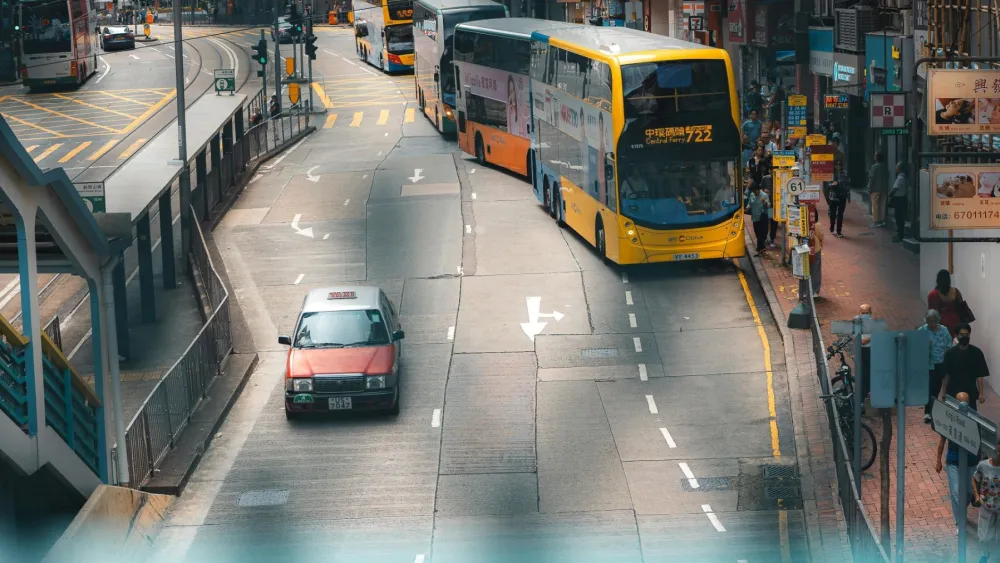
HK’s fiscal deficit to be lower than expected at $9b: PWC
The government’s estimate was $101.6b.
Hong Kong’s consolidated budget deficit for the fiscal year 2021-2022 will be at $9b, lower than the government's original estimate of $101.6b, according to PwC.
PwC attributed the lower budget deficit to strong growth in exports of goods and increased local spending due to the consumption voucher scheme.
However, with the looming fifth wave of COVID-19, PwC Hong Kong Tax Partner, Agnes Wong said government expenditure may have to increase in the next two months.
Wong said the government should adopt the following measures to ease the financial burden of Hong Kongers:
- Increase the $3.75b in the fifth round of the Anti-epidemic Fund;
- Repeat the consumption voucher scheme for an amount no less than half the last round’s; and
- Increase all salaries tax allowances—including child allowance ($150,000), basic allowance ($150,000) and the married person’s allowance ($300,000) — by at least 10%.
Wong said the government also needs to strengthen HK’s economy and consolidate its pillar industries by reviewing the effectiveness of existing tax incentives.
The latest estimates from PwC show that the total revenue from profit tax and salaries tax is at $219.4 b, higher than the government's projection of $197.2b.
Stamp duty likewise is expected to generate a 26% higher-than-projected revenue of $116.1b due to duty rate increase.
Revenue from land sales will likely reach $125b, 28% higher than the original estimate.
Meanwhile, expenditure was estimated to be $685.4b, 1% lower than the government forecast of $692.7b.
Once the pandemic is under control, Wong suggested that the government take long-term measures to revitalise the economy by further expanding its initiatives for green businesses.
“The government provide tax incentives to issuers of and investors in green bonds. This will provide financial support for continuing education in ESG and tax incentives or financial subsidies for investing in green industries,” the analyst said.
“These tax incentives will support government measures and targets, such as the installation of electric vehicle charging facilities by 2035, as announced in the policy address,” she added.
As the government also plans to capitalise on economic collaboration between HK and the rest of the Greater Bay Area (GBA), PwC proposed that the government “amend the tax law to allow tax depreciation allowances and/or deductions for fixed assets and intellectual property used, and for research and development activities undertaken, in the GBA by Hong Kong companies.”
Looking at the long-term, PwC proposed that the government conduct a comprehensive review of the city’s tax system.
“International tax reforms brought about by the OECD’s BEPS 2.0 project, include a global minimum corporate tax of 15% from 2023. Given this, we recommend that the Government start the legislative process as soon as possible to provide certainty to affected corporations,” PwC said.
The analyst said the compliance process should be simplified and electronic tax filing should be introduced to maintain a busiens0feindly environment.
“We hope the Government can review existing tax concessionary regimes, especially in the context of a post-BEPS 2.0 era, and introduce more non-tax incentive measures as soon as possible,” PwC added.



















 Advertise
Advertise









